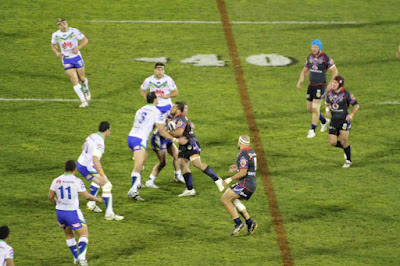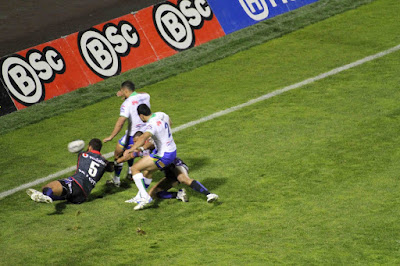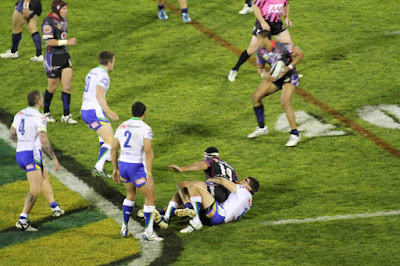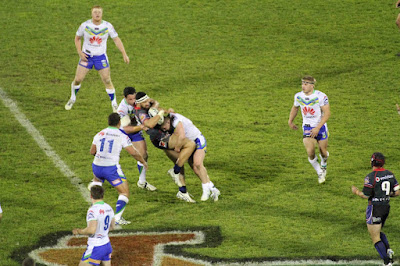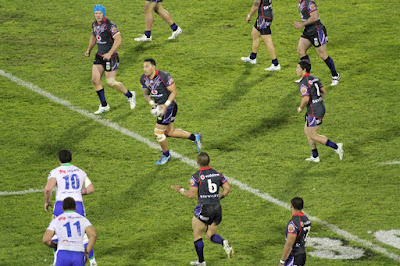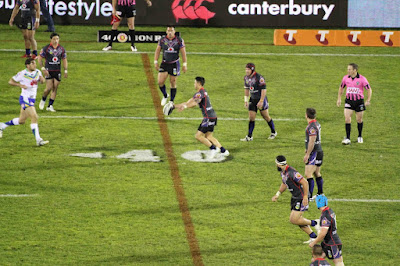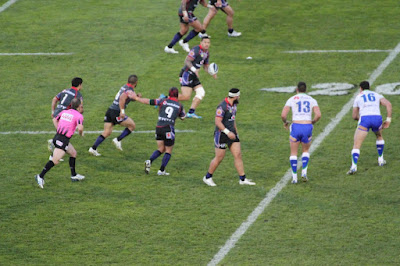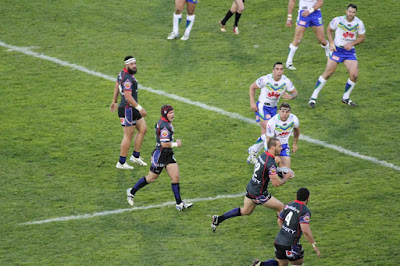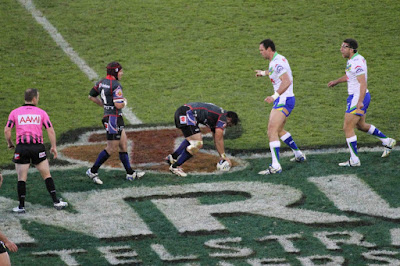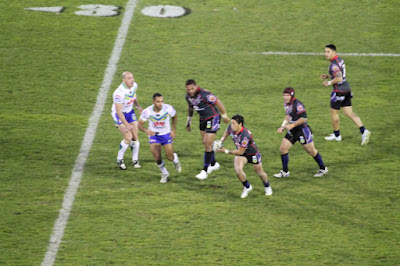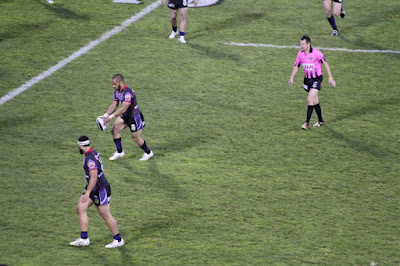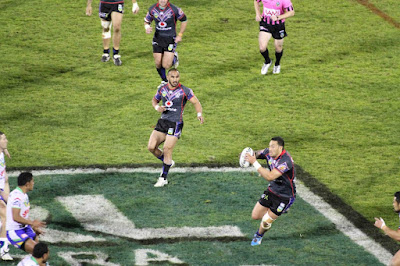In mid February 2011, distributor Kadokawa Pictures announced this film in its 2011 and 2012 lineup of films. In early July, more details of the film were announced, with Okiura announced as writer and director. Okiura had spent seven years coming up with the script, directing the film and creating the storyboard for this film. In addition, it was revealed that the theme song for the film is the song Uruwashimahoroba ~ Utsukushiki Basho (ウルワシマホロバ~美しき場所~) by Japanese singer Yuko Hara, wrote the song's lyrics and composed the music. This song is an acoustic piece, and it creates an image of the rich natural scenery of the Seto Inland Sea. Hara reportedly spent 5 years working on this piece of music. In mid November, the main voice cast was first announced with Karen Miyama, Yuka, Toshiyuki Nishida, Kōichi Yamadera, Chō, Yoshisada Sakaguchi, and Ikuko Tani.
The film is one of Production I.G.'s films aimed primarily at female viewers with an intentional story that is emotionally honest. Much of the emotional content is universal, especially the feelings of disappointment and shame that animation can portray with special force. A warm and playful reminder that while we all must leave childhood, we should do our utmost to ensure our childhood never leaves us. A film of exquisite, deceptive simplicity and painterly beauty, with a story that is entirely ordinary yet heartbreaking in its universality. An absolutely magnificent animated romantic drama that captures the essence of how our past informs our present. Touching, funny, realistic and quite wonderful. The childhood segments are very cute and charming but the adult sections drag a bit and are a little preachy. There are few big moments and very little drama in the film, but as it choogs along it gains power and wisdom. A story with universal themes that simultaneously details one girls experience, the film is inquisitive, meditative work of art. Calm, reflective, gorgeously uneventful, the film is easily among Production I.G.'s very best work. To say this film is anything less than outstanding would be arrogant from my part.













